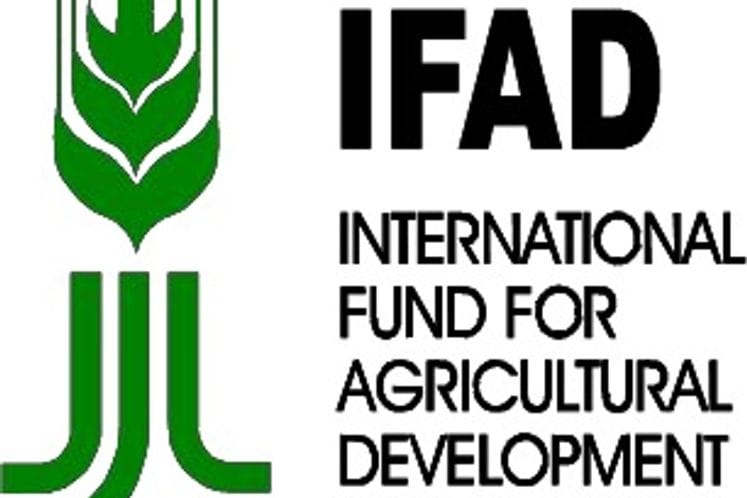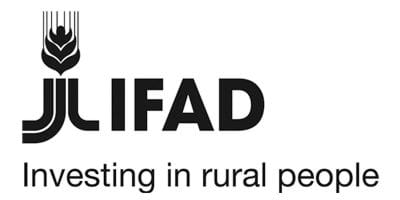- Government of Montenegro
Ministry of Agriculture, Forestry and Water Management The International Fund for Agricultural Developmen...
The International Fund for Agricultural Development (IFAD) in his first official visit to Montenegro

 Montenegro became a Member of the International Fund for Agricultural Development (IFAD) in February 2015. In this context, a first IFAD visit took place from 13 to 18 April 2015. The IFAD Delegation was composed of Ms Annabelle Lhommeau, Country Programme Manager, and Ms Sylvia Schollbrock, Regional Portfolio Adviser, both from the IFAD Near East, North Africa, and Europe (NEN) Division.
Montenegro became a Member of the International Fund for Agricultural Development (IFAD) in February 2015. In this context, a first IFAD visit took place from 13 to 18 April 2015. The IFAD Delegation was composed of Ms Annabelle Lhommeau, Country Programme Manager, and Ms Sylvia Schollbrock, Regional Portfolio Adviser, both from the IFAD Near East, North Africa, and Europe (NEN) Division.
The objectives of this first Mission were to (1) discuss the Montenegrin expectations from the IFAD Membership, (2) present the NEN Division as well as the IFAD operating/business model, (3) identify synergies and complementarities with the development partners working in Montenegro, and (4) scope priority areas for the Montenegro-IFAD partnership. In Podgorica, the Mission had work sessions with (1) the Minister of Agriculture and Rural Development (MADR) and his team, (2) the Ministry of Finance, (3) the Ministry of Foreign Affairs and European Integration, (4) the World Bank, and (5) the UNDP. On Thursday 16 April, the Mission visited several farmers in the Nikšić Municipality.
IFAD particularly welcomed the availability and the active participation of the Ministry of Agriculture and Rural Development throughout this first Mission to Montenegro. From the field visit, the discussions and the interactions with the Government and the development partners, it appears that Montenegro and IFAD could go a long way together in the coming years, for the benefit of the rural population. The Membership of Montenegro is particularly timely since the Government recently developed a new Strategy for development of agriculture and rural areas for 2014-2020. IFAD, in complementarity with the Montenegrin main development and resource partners, could contribute to the Government’s vision for agriculture in helping the end-segment of smallholder producers to gradually improve the quality of produce and to arrive at standards that can meet with EU requirements.
